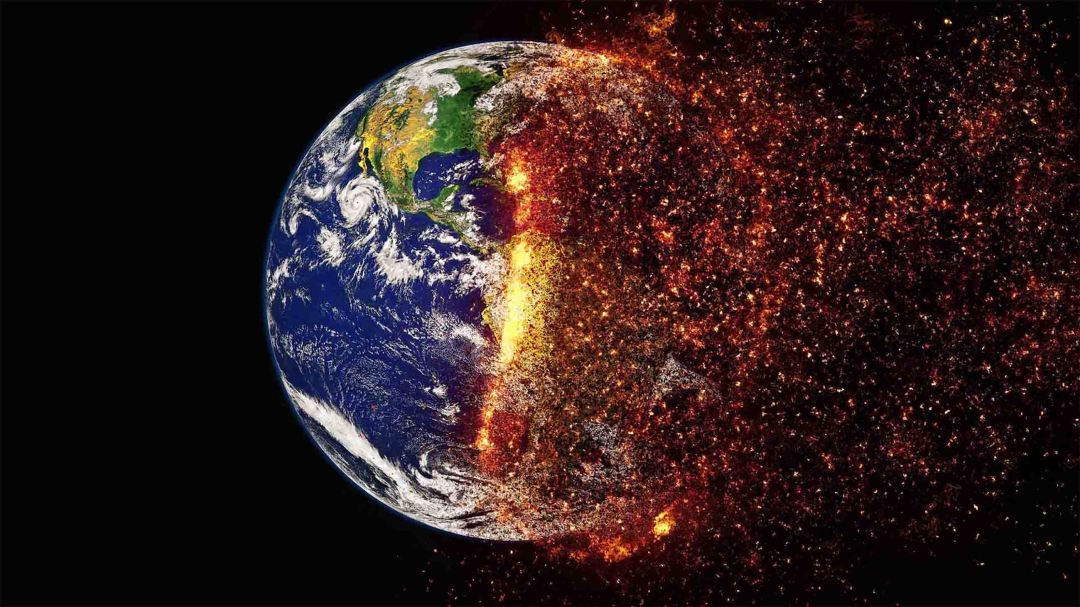Author: Kristina Lenn
Editor: Sarah Kearns
The end of September played host to many action items for climate change, not the least of which was the third Global Climate Strike on Friday, September 20. These international strikes are a result of activist Greta Thunberg’s ongoing travail to not only enlighten governments and their citizens of the impending dangers of climate change but also admonish the world’s leaders for turning a blind eye to it. Additionally, on September 23, the United Nations convened for the Climate Action Summit, a forum for world leaders to discuss how together they can take steps to reduce carbon dioxide emissions and curb Earth’s rising temperature.

Unfortunately, climate change is considered by many to be one of science’s latest hoaxes (right along with vaccines, GMOs, and the shape of the planet), a marketing ploy to fill the coffers of the scientists and businesses exploiting the public. This deep mistrust of science, although improving, has already led to devastating outcomes (such as a rapid increase in the number of measles outbreaks) and will continue to do so with the environment if the public maintains either a lax or a confrontational stance. In May of this year, an article in the Guardian reported that of the twenty-three countries studied, the United States ranked third in climate change denial. .
While there are many Americans who accept and are concerned about the reality of climate change, few are willing to financially invest in proposed changes. The Clean Water Act, which was signed into law in 1972, and the Clean Air Act of 1963 have still not been fully enacted. However, regardless of some citizens’ inaction, major industries have been spurred into action, but not in the ways climate scientists say are effective or useful. Companies such as ExxonMobil and British Petroleum spend nearly $200 million each year to prevent legislation that would reduce the usage and production of fossil fuels.
Apathy is just as dangerous to the environment as well. These crises serve as both a call to action to us scientists and science communicators and a reminder of how crucial our jobs are. This applies not only to our day-to-day tasks but also to our responsibility of communicating to the public with honesty balanced by compassion.
As has been demonstrated, facts do not always change minds. However, conveying them from a place of empathy can still provide a major influence. Now, more than ever, we need to realize the importance of communication in the fields to which we have devoted ourselves. Let us look to educating people in power now and in the future on these issues and provide them with all the information necessary to make the best possible decisions. Let us help train others in science communication to help build a bridge of trust between academia and the public. We should strive to inspire that passion for truth in others so that we can work together to leave a better planet for the generations that follow.
This is the first post in our Editor’s Corner series. Our Editor-in-Chief, Kristina, will be writing post monthly about science in the news so stay tuned for more!
